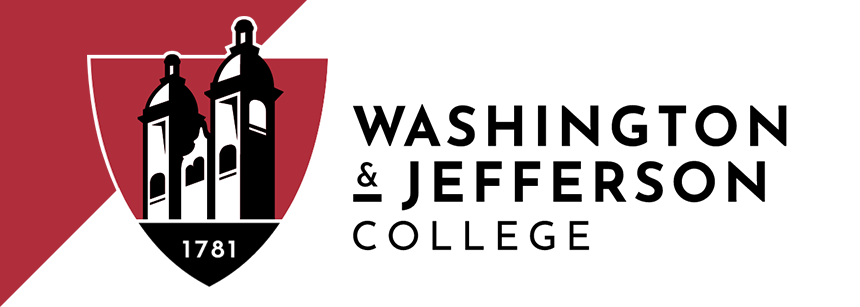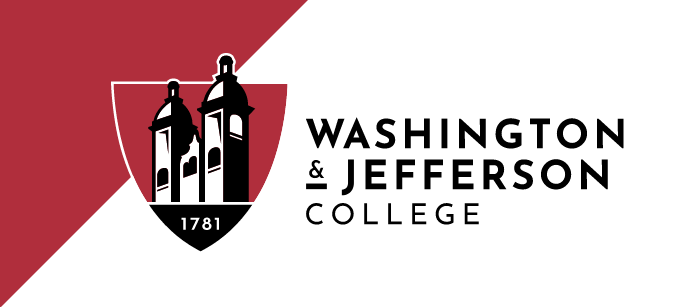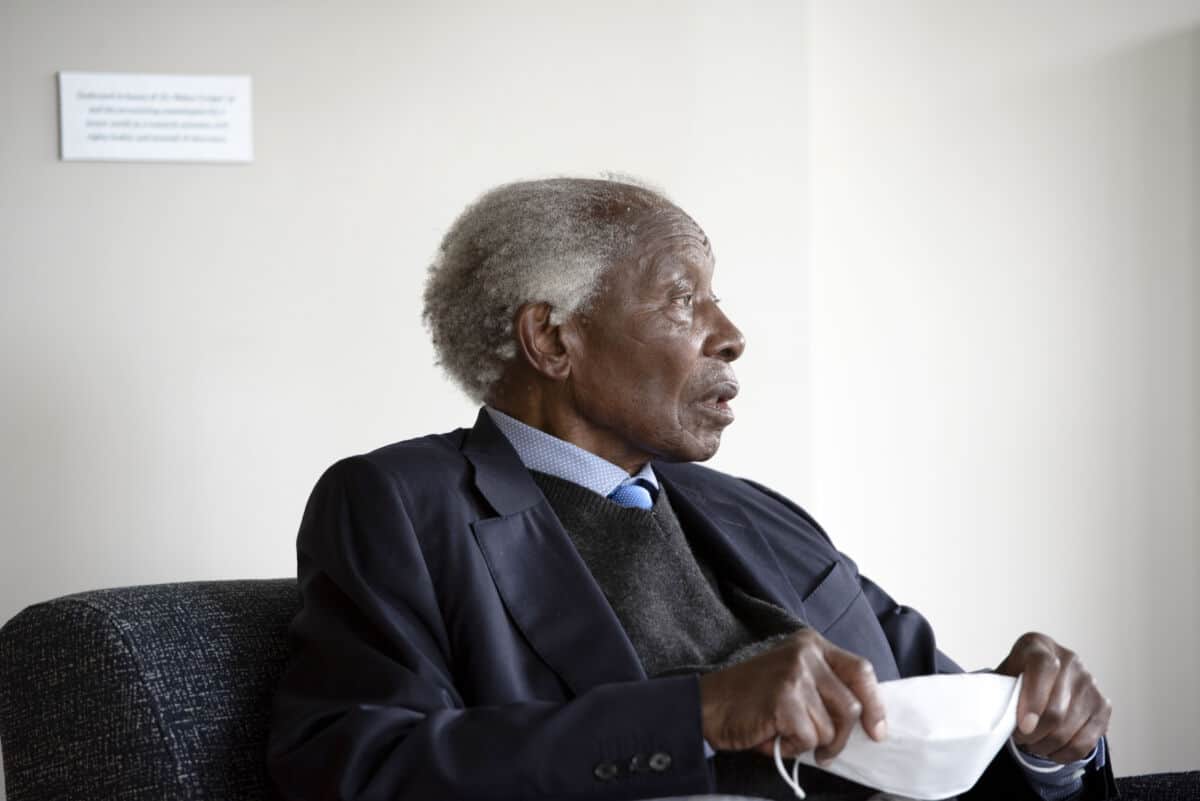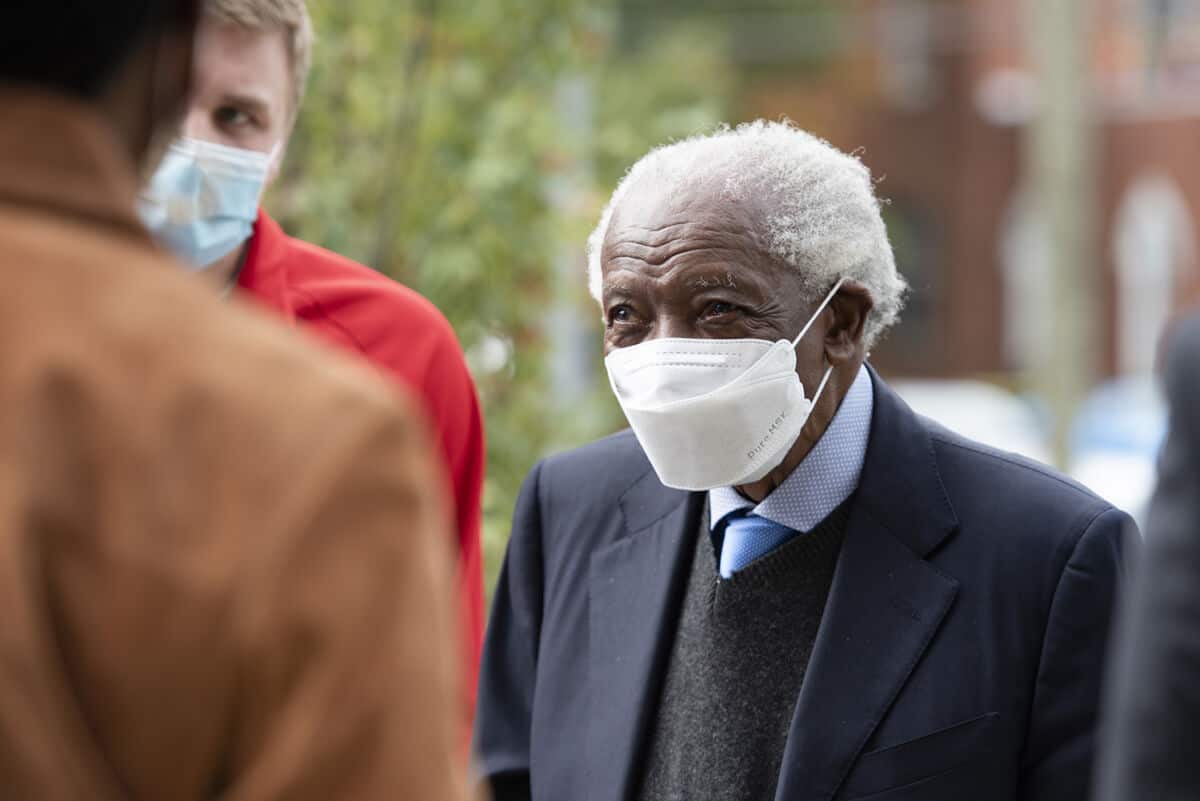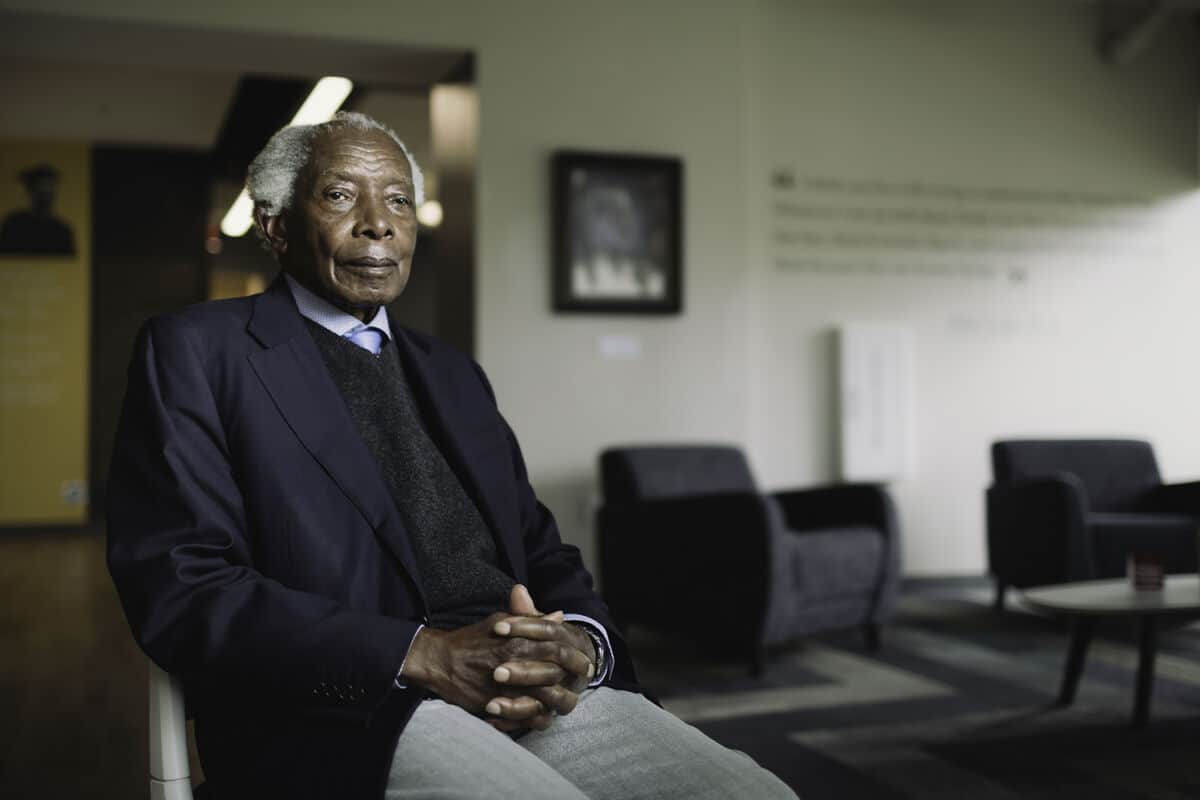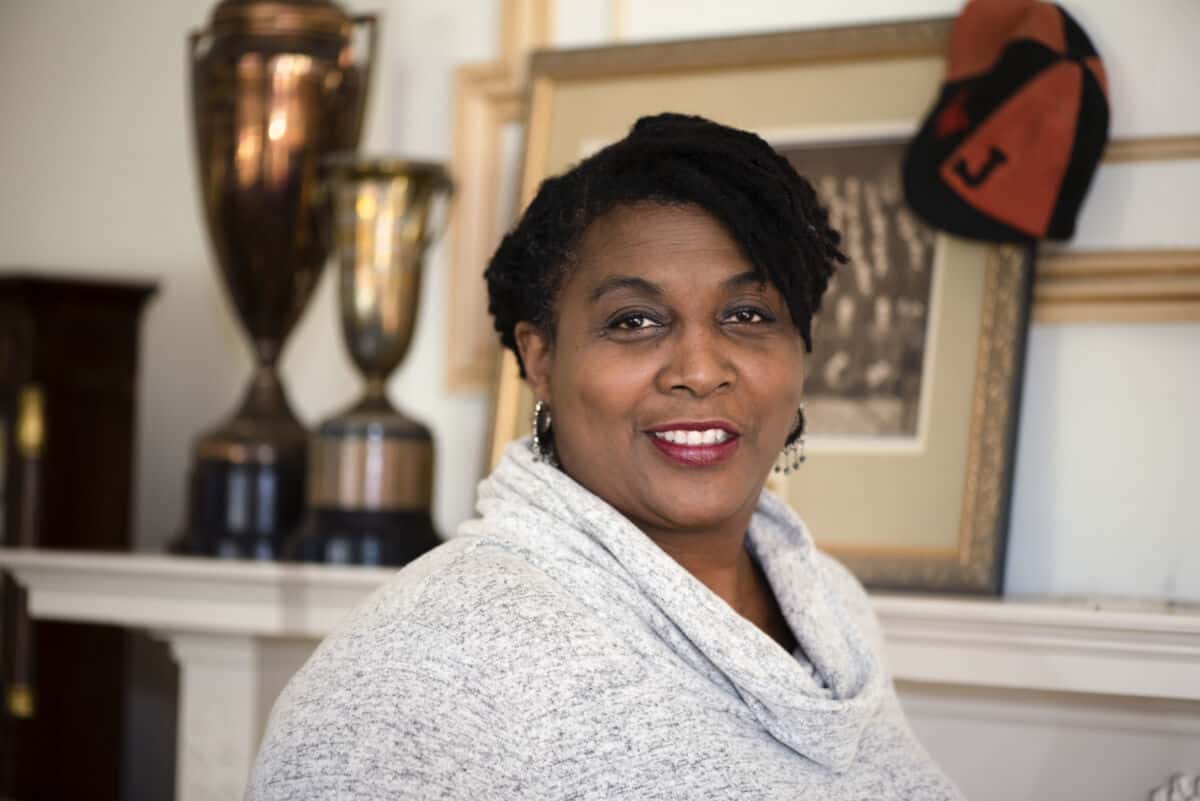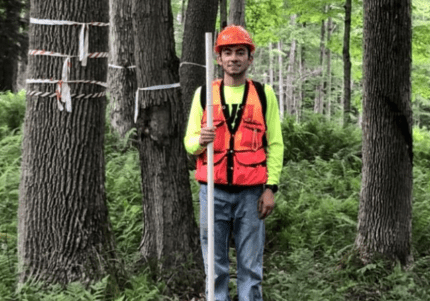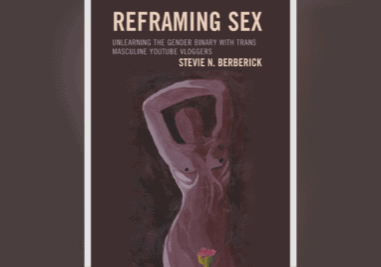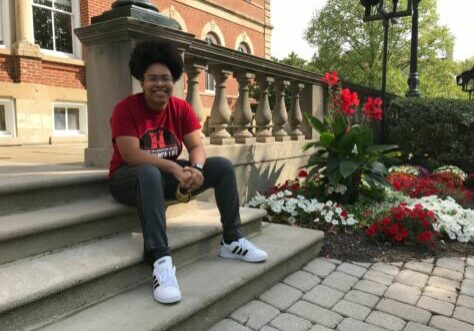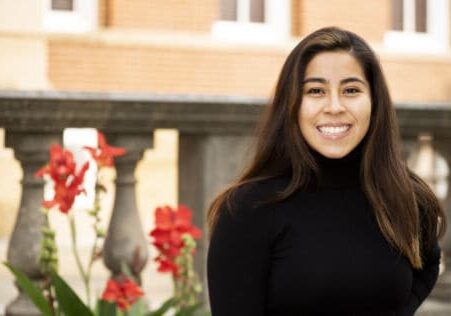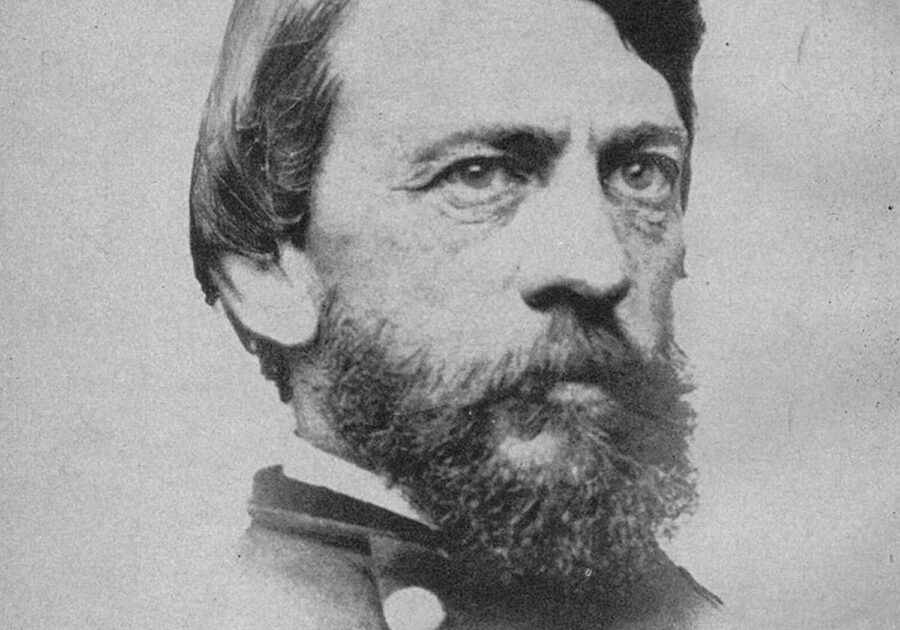While the COVID-19 pandemic has disrupted the normalcy of a calendar and academic year, it has not slowed down W&J College’s commitment to its strategic plan, which was approved in the fall of 2019.
The College’s subcommittees have been working diligently to bring forth an academic curriculum and student experience that distinctly positions W&J as a preferred higher education institution for future students and leaders.
The Subcommittee on Academic Strategy (SAS) has focused on creating an academic curriculum which offers a more robust emphasis on a student’s intellectual and professional outcomes. Faculty have been deeply engaged in designing the revised curriculum from the start; open meetings with faculty were held to gather ideas and share information on research and subcommittee progress.
“Task forces were formed to specifically study models for building skills, inventory, and portfolio,” says professor Amanda Holland-Minkley, Ph.D., chair of the Computing and Information Studies program, as well as chair of the subcommittee. “The goal of the revised curriculum is the way it helps students identify programs and courses from across the College that will add depth to their intellectual development.”
At the heart of a liberal arts philosophy of education, she says, is the opportunity to explore courses outside of the major(s) that contribute to a student’s intellectual curiosity and professional success. In addition to the revised curriculum, all students will have a practicum requirement to ensure that they are able to use the content and skills learned in their classes to navigate challenges and solve problems in non-classroom settings.
“From the students’ choices of majors and minors and an updated advising process which includes more reflection of a student’s entire set of skills, we are preparing them for academic success but also constructing a pathway that will help them achieve their long-term professional goals,” says Holland-Minkley.
Success in the classroom is only one-third of the strategic plan’s student experience focus.
Working with a group of colleagues, faculty and staff, the RISE (Re-Imagining the Student Experience) subcommittee has developed a comprehensive plan to integrate outcome-driven advising and mentoring.
The plan begins the summer before students arrive on campus as freshmen. They start to engage with Student Success Consultants and academic support before they matriculate at W&J, and connection points throughout their freshman year help them develop a customized first year, as well as their four-year plan.
“The plan is designed to ensure that each student benefits from individualized advising and mentorship throughout the four years,” says Eva Chatterjee-Sutton, vice president for Student Life and chair of the RISE subcommittee. “Equally important, each student will develop a plan that encompasses experiences that lead to successful outcomes – job acquisition, grad school acceptance, and successful life skill development.”
In addition to declaring areas of study, creating a portfolio of extracurricular activities is a critical opportunity for students to develop their customized W&J experiences.
“Developing a well-rounded experience will benefit students by adopting a deeper understanding of themselves as learners and leaders – well-equipped to become engaged citizens of the W&J community, well beyond their years on campus,” says Chatterjee-Sutton.
The final piece of the academic and student experience focuses on ethical leadership. This subcommittee conducted virtual focus groups with current and prospective students to gain their insights into the approach and outcomes of an ethical leadership program.
“Our goal is for all W&J students to emulate and practice those activities that foster communities of respect and inclusion, advocate for ethical values, lead change, and resolve ethical issues and conflicts,” says W&J President John C. Knapp, Ph.D.
Through academic content, student orientation, community-based experiences, periodic assessments and other programs, students will be immersed in the philosophies and practical application of ethical leadership. Knapp acknowledges that the public health crisis slowed the progress of the strategic plan implementation, but only slightly.
“The commitment of the faculty, staff and students working on this strategic plan throughout a global pandemic demonstrates that the community is one of uncommon integrity,” he says. “By keeping focus on the longer-term commitments, these subcommittees are ensuring that W&J and its students are well-positioned for future growth and success.”
